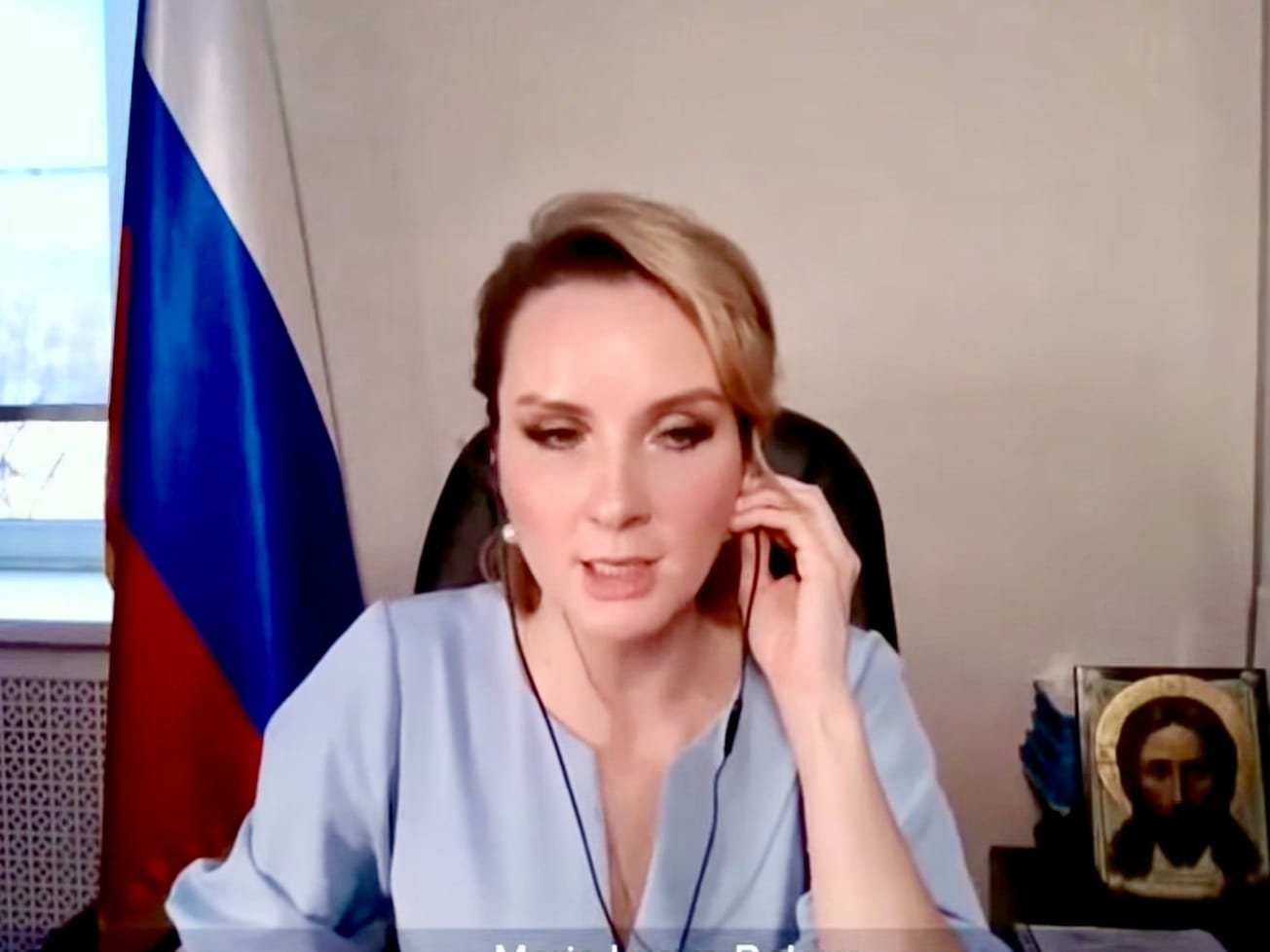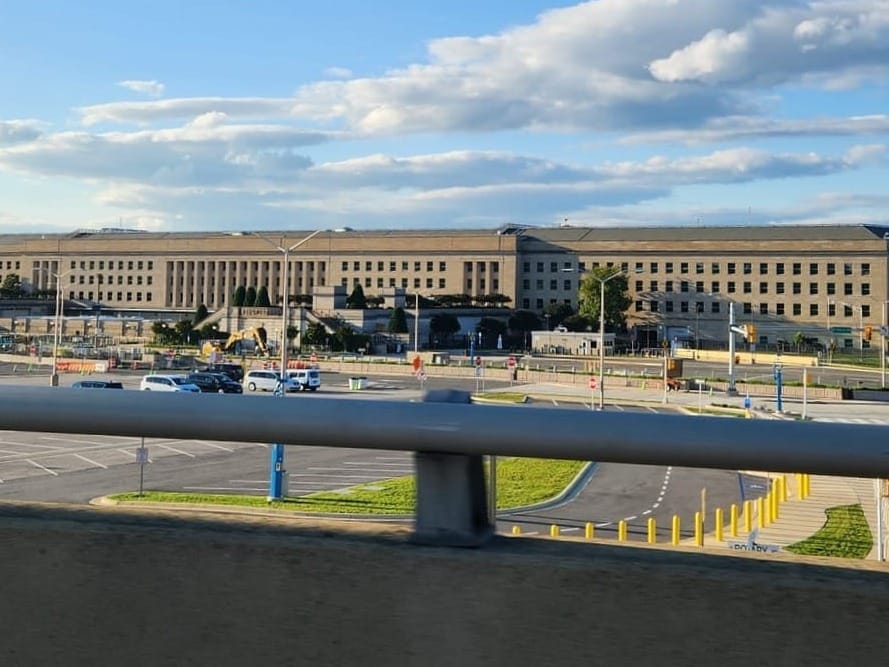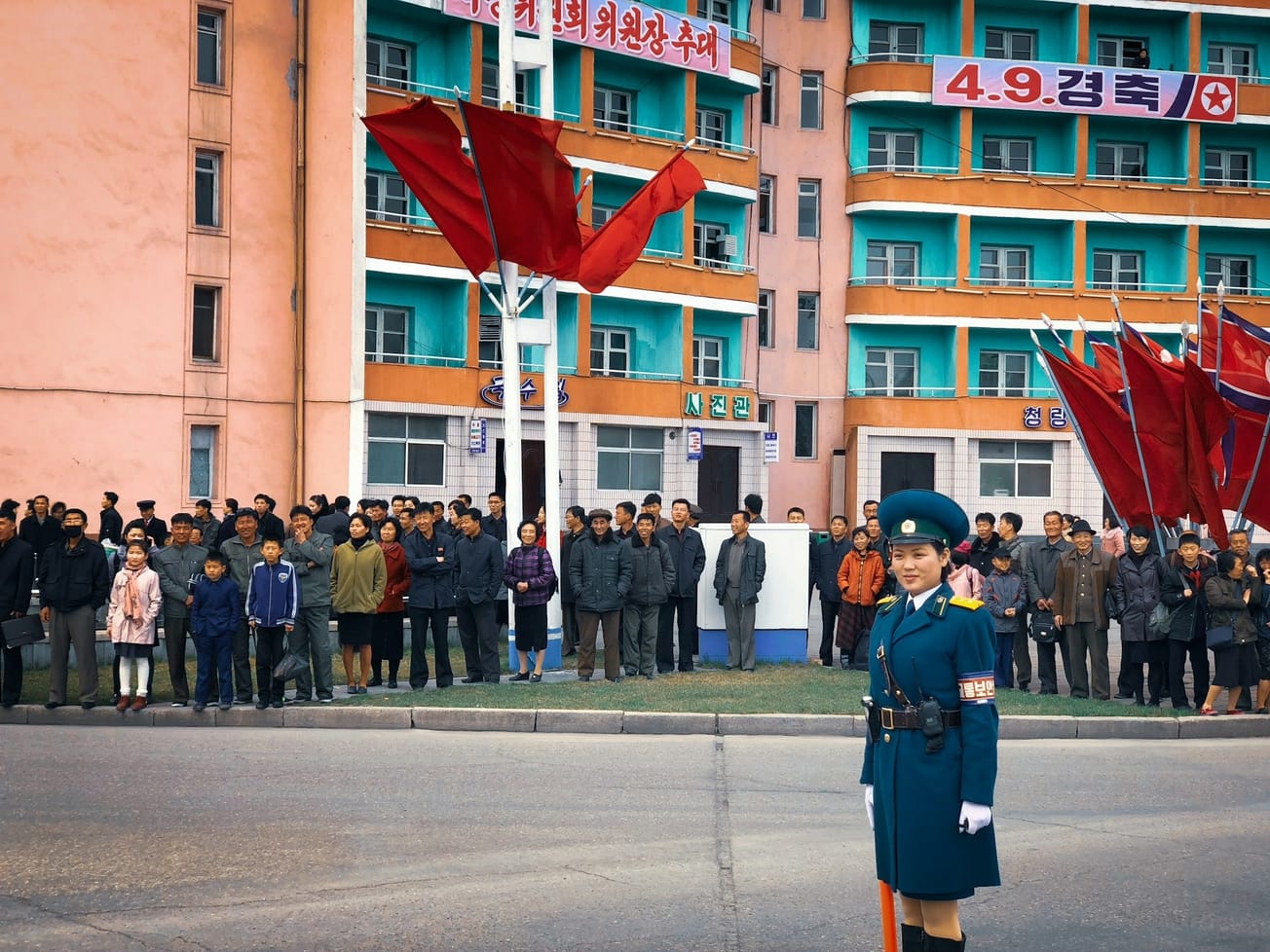Despite having an international warrant issued for her arrest on war crimes charges, Russia’s commissioner for children’s rights, Maria Lvova-Belova, was a guest speaker before the Russian-led U.N. Security Council at a meeting denounced by other nations as an exercise in propoganda.
Lvova-Belova, who along with Russia's President Vladimir Putin is wanted by the International Criminal Court on charges tied to the war in Ukraine, spoke to the council by video link on Wednesday about "evacuating children" from a conflict zone allegedly for their own safety.









